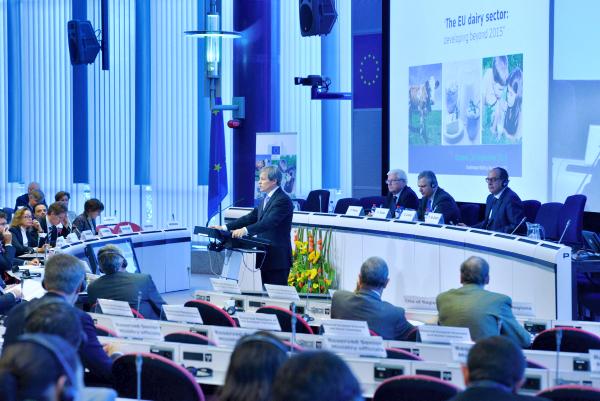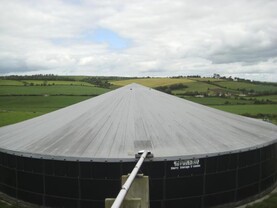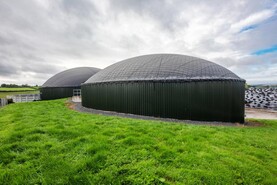We have a changed political landscape after the European elections, both within Ireland and across Europe. While Ireland shifted sharply to the left, with the election of three Sinn Féin MEPs alongside Luke “Ming” Flanagan, Europe lurched strongly to the right.
The United Kingdom Independence Party (Ukip) gained 11 seats, and now have more MEPs than either British Labour or the Conservatives. As their name suggests, they are actively against the EU itself, and want the UK to disengage from the European institutions. They also oppose the CAP, and would withdraw all funding from and participation in it.
In France, Marine Le Pen and her National Front party would also scrap CAP. They now hold more seats than any of the mainstream French parties.
One of the reasons such parties prospered in the election was the low turnout, which stood an average of 43% across the 28 states.
Ireland’s was one of the higher turnout levels, perhaps boosted by the nationwide local elections being held in conjunction with the European election.
In Slovakia, only 13% of people turned out. Were such low voter numbers repeated at national election level, the possibility of an extreme faction gaining control would become real.
New picture
So, what is the overall shape of the new European Parliament? The two main traditional powers, the European People’s Party and the Socialists, still hold sway, but their grip on the European Parliament and its powerful committees is loosened considerably.
The Christian Democrat centrist EPP now have 213 of the Parliament’s 766 MEPs, a loss of over 60 seats. They include in their number Angela Merkel’s CDU party and Fine Gael.
The socialists now have 191 MEPs, a slight drop. A whopping 64 newly-elected MEPs have no allegiance to date.
Fianna Fáil’s ALDE group lost 20 seats, many of them UK Liberal Democrats.
It will take some time for the various factions to bed in, realign and establish some form of working relationship. It is important that the centrist groups do not allow extreme elements to gain effective control of any of the committees, particularly the agriculture and environment committee, which both have co-decision on issues critical to agriculture.






 This is a subscriber-only article
This is a subscriber-only article









SHARING OPTIONS: